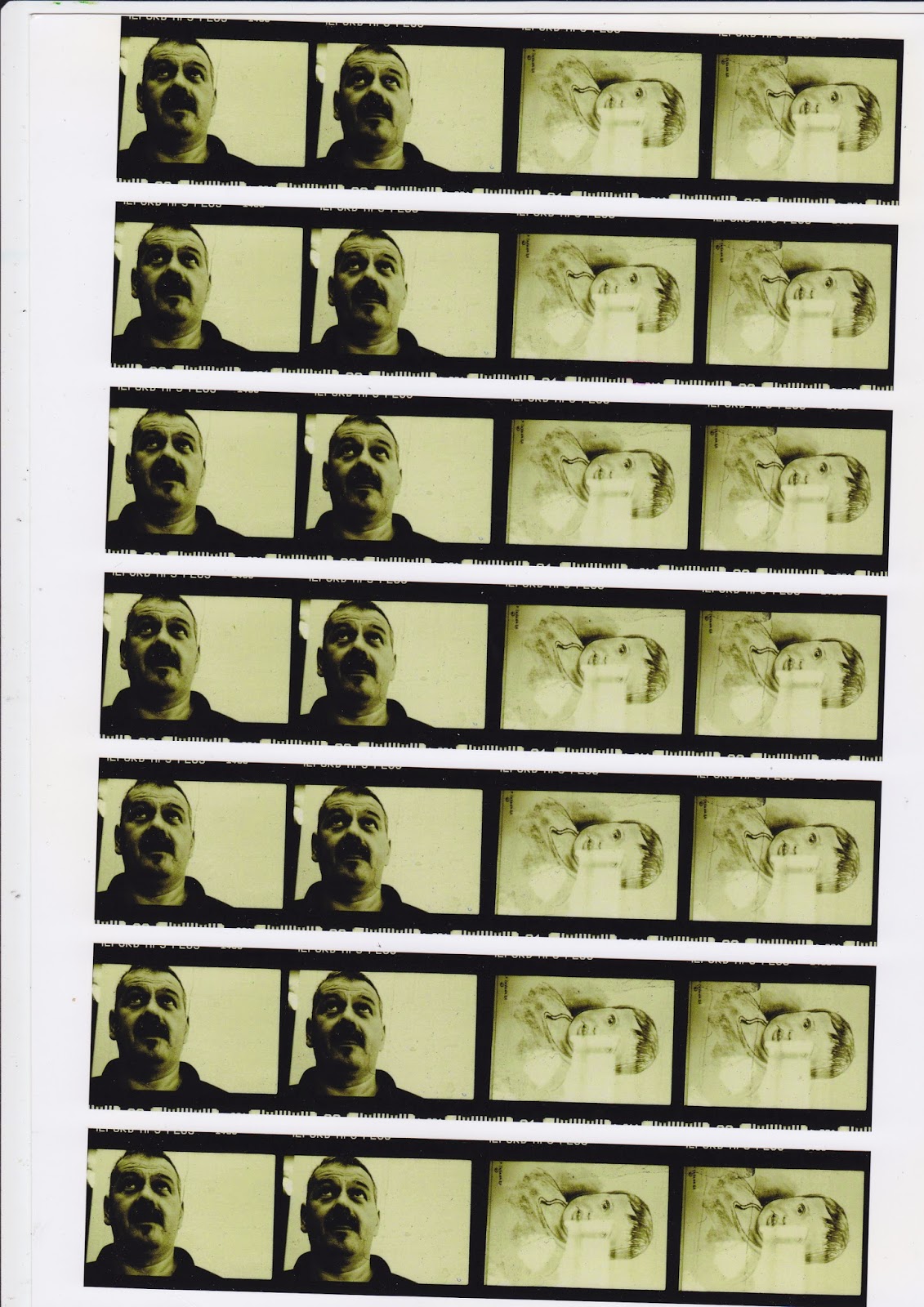Reasons I
believe myself to be a deplorable individual(and why you might be also); potential explanations to behavioural traits (so that, you know, we don’t all
abandon each other outright).
1. I think about myself, my
desires, my time – in short my own interests, before and as above those of
anyone else. This is particularly stressful being an empathetic person. I can
see how putting myself before a loved-one would injure them, as it would me
were the tables turned. I feel that pain, that becoming inured to the position
of second best, it’s awful, yet, I do continue to neglect the feelings of
others in response to my own actions both accidentally and on purpose. Why, just
this morning I refused to get out of bed, cut out the silent treatment and say
goodbye to a very good person, because of my own bedevilled bent on fury in
quietude. Knowing all the while that it was both frustrating and saddening for
the other person, indeed experiencing guilt and shame while fighting any move
toward truce… I also know that were I in his situation I would have probed and
probed and probed, “why do you want me to leave? What did I fail to detect in
your tone prior, or in which ways did I fail to modify my behaviour or read
your signals and respond accordingly?” Instead of feeling impotent in the face of the angry mute’s behaviour, I would assume anger, point fingers, send arrows ; “why
didn’t you convey your feelings effectively enough that we’re in this situation
now? How can you expect someone to grasp and then assume your position when
your descriptions of it are so inadequate?!” You can’t win with me. If I’m in a
sulk it’s because you didn’t read me well enough (and resultantly I feel
neglected and maligned – for, who wants to feel misunderstood?!) , though were
I to be in receipt of such sulkiness it is you who are again in the wrong
because you failed in getting me to see your point of view! (On the subject of sulking please see this wonderful article in this gem of an online publication)
2. I look down on those who don’t
agree with me. This is an awful trait to have stowed away inside your
bones! Being as I am someone who disagrees with a great many people’s views,
tastes, proclivities and so forth I should only come to expect and accept their
lack of alliance with my own – without pain. I judge and judge and when I’m not
judging I fear being judged! I should be able to see (and be soothed by the
fact) that people can for instance be members of certain political parties
without being inherently evil, since I know they subscribe little to my views
on such matters but that I’m nevertheless not an egregious mistake on my parent’s
part, that I too have value, as they surely must (despite my belief that I’m
somehow deviant, and am presently outlining details of my unfortunate and
wicked condition, I can’t deny that I believe my beliefs to be correct, else I
wouldn’t pay them any mind!). I nevertheless am unable to shake this petulant,
idealistic and holistic “all or nothing” sort of mentality. I am perennially convinced that there’s no good
dealing with part of an issue (in this case if a person is partly corrupt there’s
no use appeasing and appealing to them and the whole system should just be
wiped out, REVOLUCION!). Feeling misunderstood (and feeling sad about this) is
no small part of the problem though, I can’t help but think that my contempt of
or reluctance to engage with people who don’t share my views lies not in my
desire to be above and to alienate people, rather to agree with and forge bonds
with them, and when there’s an obstacle in the path of mutual sentiment I can’t
help but feel something akin to “well, if you don’t see the sense in X, Y, Z,
then, you’re missing a fundamental part of who I am essentially, and we can no
longer take this dialogue any further, good day!” But you can’t agree with
everyone, so, where does this leave me? Mostly angry and alone though
increasingly indifferent…
3. I occasionally begrudge those
who agree with me. This next is even less lucid and far less tolerable than
the previous; I occasionally disdain or experience inner denigration towards
those who share my sentiments,
possibly due to some intangible notion that they don’t share my sentiments
wholly or enough (whatever enough is!), or perhaps that my sentiments are
so solid and correct that voicing assent would only be subscribing aloud to the
crudely obvious and utterly pointless. An example: in recent years I have read
extensively about micro nutrition, numerous articles and books containing
thoroughly peer-reviewed studies from respected (non corporate-funded)
physicians (though some of which have family roots in the meat and dairy
industries) who feel they’ve no choice but to recommend a totally plant-based
lifestyle as the ultimate for health and longevity (as well as being the best
diet in terms of sustainability of the biosphere). As a result of this
compelling and damning research I have discussed these topics at length with my
family, having them fall of course on deaf ears (if people are going to change
they have to be personally willing, having ideas forced upon you, especially
ones that contradict your whole lifetime of habit, is rarely effective, when
the time is right (or running out) people usually seek these things for
themselves as I did). So, you would think that I would be happy to hear my
father broaching the subject of deciding to eat half a grapefruit every day to “cleanse
his liver”, instead of applauding this slight increase in fruit intake however,
I merely chide “stop eating meat, that’s the best thing for your liver”. I find
it hard to see the positive. A more universal example perhaps is the phenomenon
of “I liked them ages ago”, you all know it, you’ve loved a band, or designer,
or filmmaker, author, whatever, you’ve been enthusing aloud to your friends, to
little or no real interest (certainly nothing to match your own) then suddenly,
months or years later, everyone’s telling you about this “new discovery” of
theirs, instead of feeling relieved, excited at being able to enjoy and share
your love of something/someone with your close friends, you just feel mildly
resentful… Far from being merely a juvenile “I was there first” type of
response though, I feel this too has its roots in the aforementioned experience
of wanting to connect with someone and somehow failing slightly. Whereas in the
example of the previous paragraphs where you weren’t being understood properly,
here the problem is of not being listened to. Your parents and friends may nod
half-heartedly, “yep, sure, shit diet, that’s probably the reason I feel so
tired and bloated all the time, maybe
it isn’t genetic”, “yeah yeah, thats song’s quite decent I suppose”, it can’t
help feeling like a subtle rebuke, a pseudo-approval and agreement of your
stance and taste when really your loved ones, the ones who you’re supposed to
connect with, are humouring you because they couldn’t really care less (see
paragraph 1 and self-interest I suppose, they’re all linked). Essentially, I guess, wanting to connect in some meaningful way - and falling short are the roots to many a harboured grudge, a heated row, a silent resentment. Must. Try. Harder.
























































































